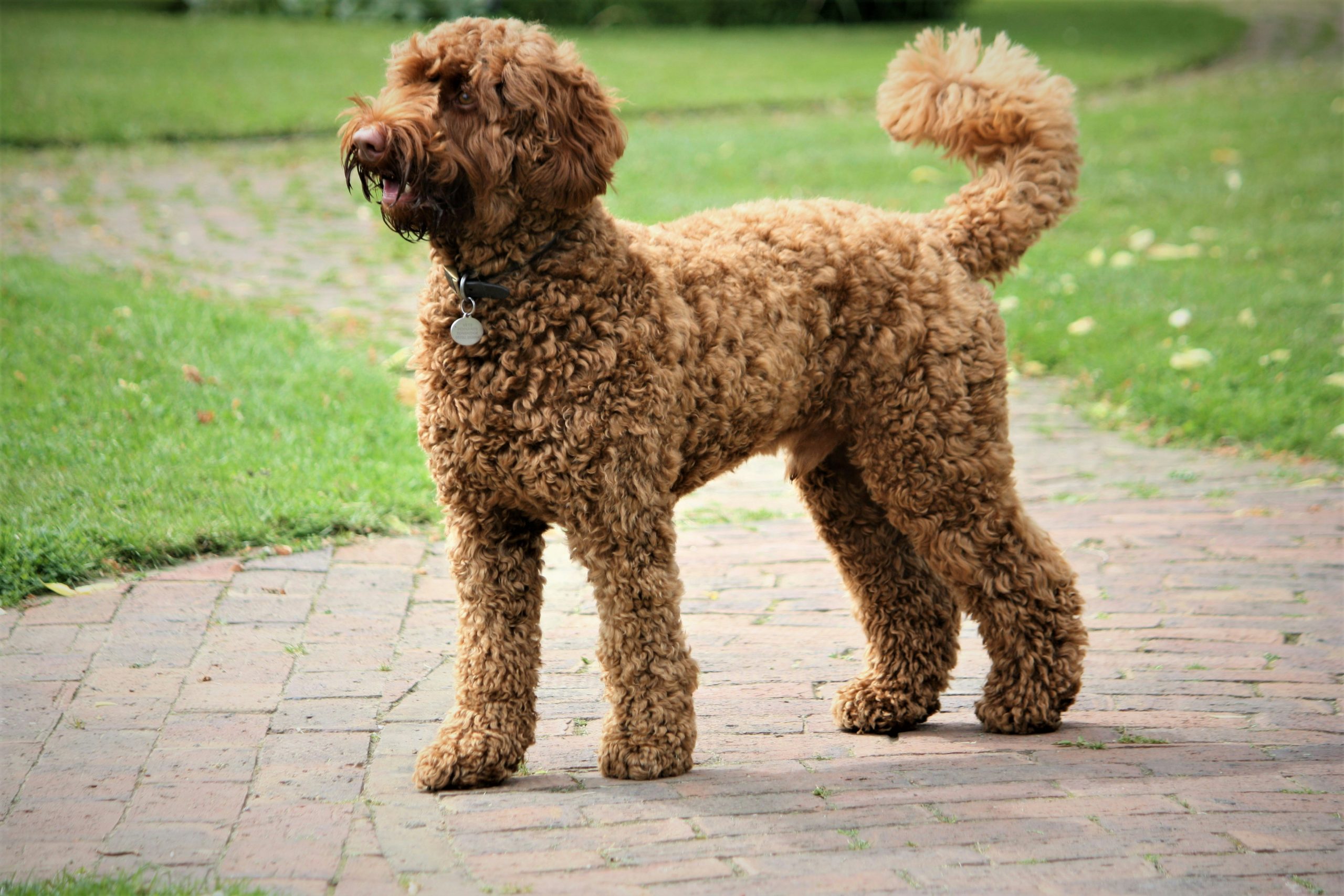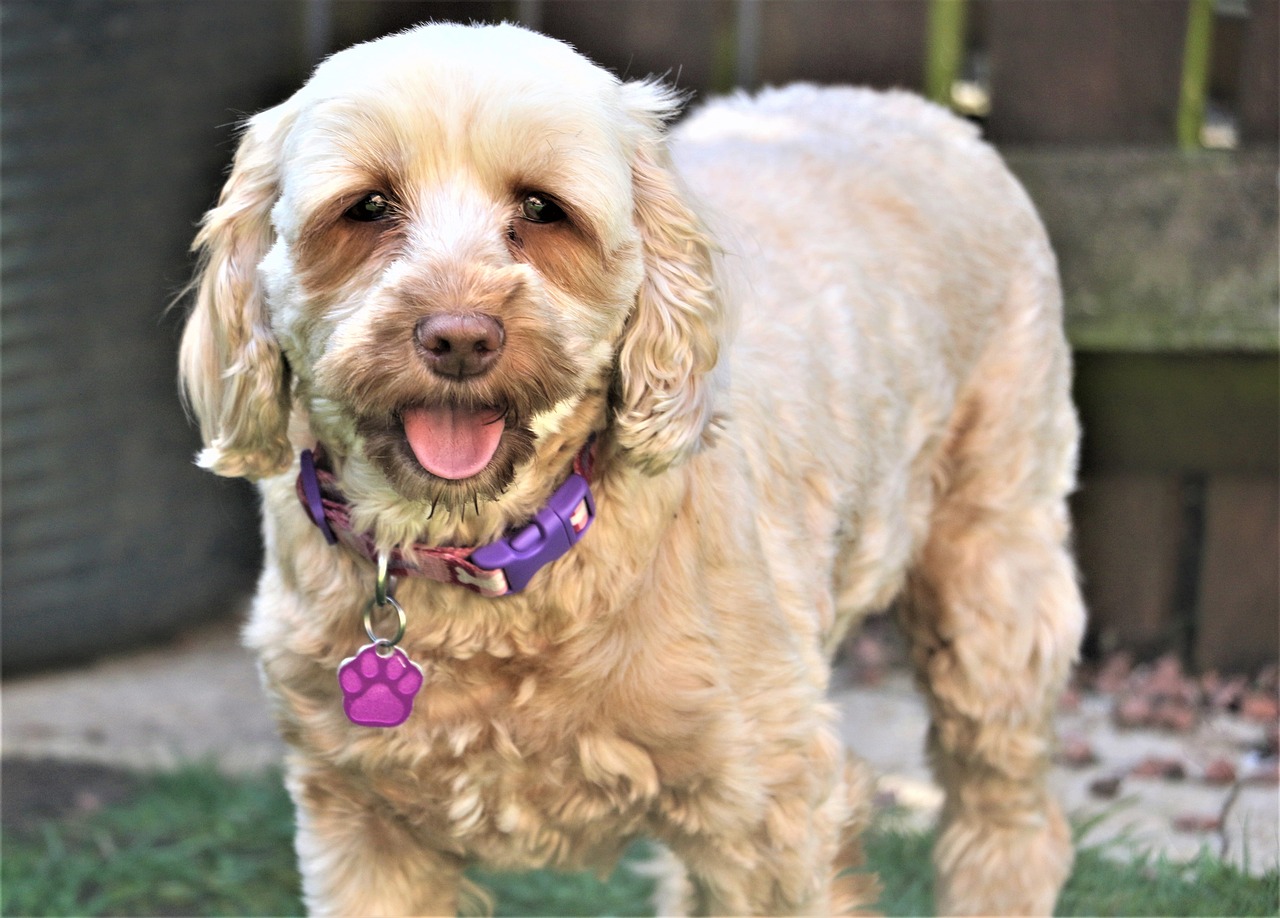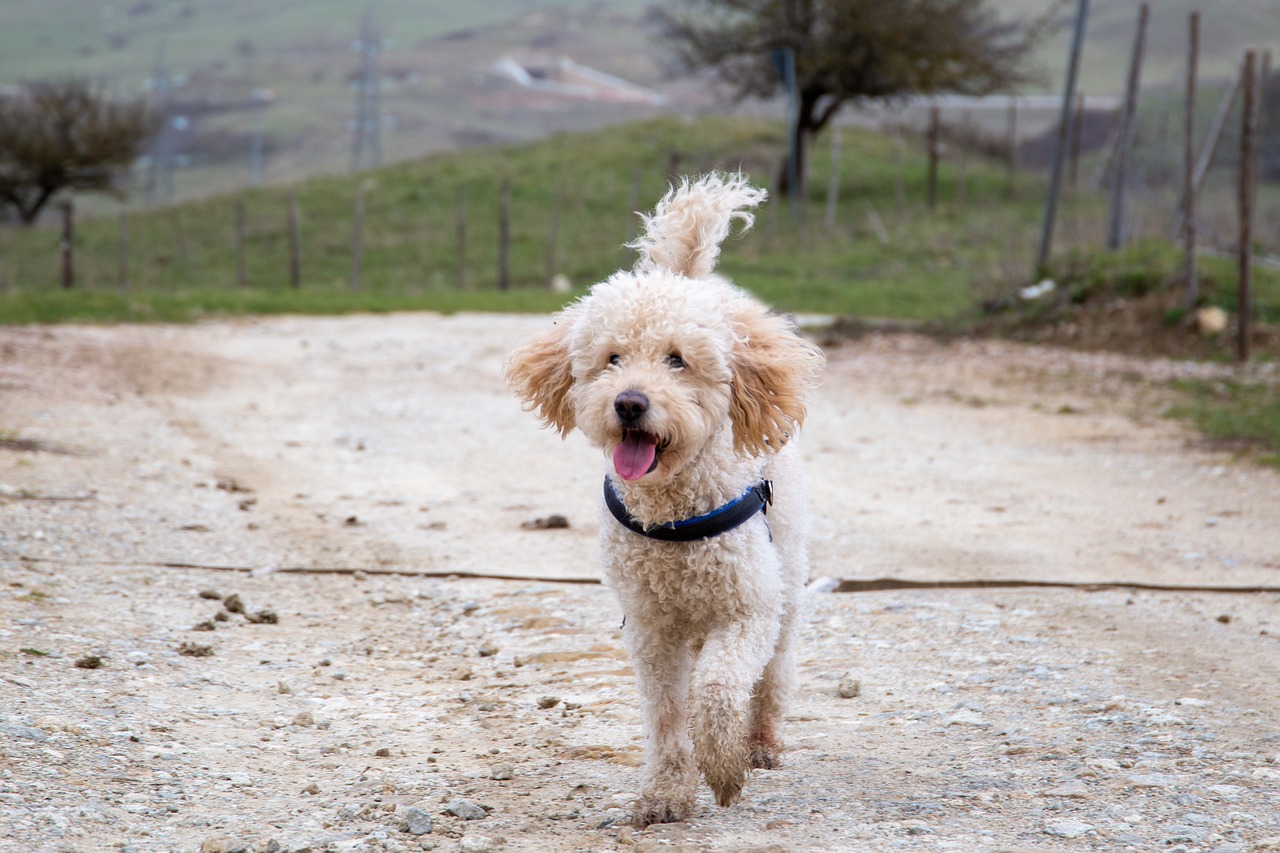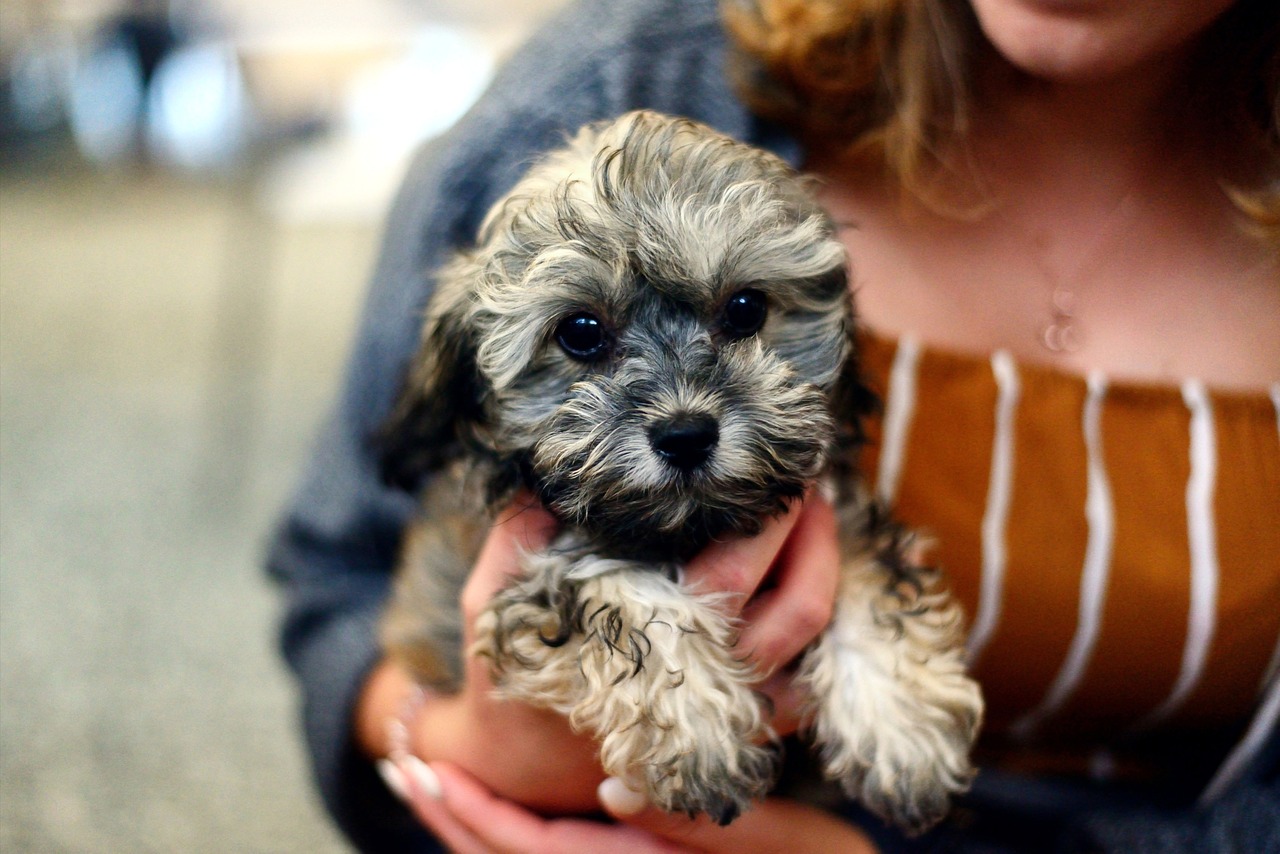In the enchanting realm of dogs, mixed breeds hold a special place, often blessed with the best traits from their diverse lineage. However, this genetic potpourri can sometimes lead to unexpected health issues, leading to higher veterinary bills for their owners. While mixed-breed dogs are celebrated for their unique appearances and temperaments, potential owners should be aware of the health challenges these canine companions might face. From congenital conditions to breed-specific ailments, the cost of ensuring these dogs live a healthy and happy life can add up quickly. This article delves into seven mixed-breed dogs that, due to their genetic backgrounds, may incur significant veterinary expenses. It’s a guide not just for current or prospective owners but also an insight into the complex world of canine genetics and health care.
1. Labradoodle (Labrador Retriever and Poodle)
The Labradoodle combines the Labrador Retriever’s friendliness with the Poodle’s intelligence and hypoallergenic coat. However, this mix also inherits health issues from both sides, including hip dysplasia from the Labrador and eye diseases from the Poodle. Regular vet visits for monitoring and treatment can lead to higher costs, particularly for conditions like Progressive Retinal Atrophy, common in Poodles, and exercise-induced collapse, seen in Labradors.

2. Cockapoo (Cocker Spaniel and Poodle)
Cockapoos, blending the Cocker Spaniel’s sweet nature with the Poodle’s curly coat, are susceptible to several health issues, including luxating patellas and ear infections common in Cocker Spaniels, and Poodle-related eye disorders. Their floppy ears require regular cleaning to prevent infections, and genetic testing is recommended to identify potential hereditary conditions early on.

3. Goldendoodle (Golden Retriever and Poodle)
Goldendoodles inherit the Golden Retriever’s predisposition for cancer and heart disease, along with the Poodle’s potential for hip dysplasia and Von Willebrand’s disease, a bleeding disorder. These conditions necessitate thorough and frequent veterinary screenings, contributing to their high medical bills. Their popularity has not shielded them from these inheritable conditions, making it crucial for potential owners to consider the costs of ongoing health care.

4. Maltipoo (Maltese and Poodle)
Maltipoos, a cross between the Maltese and Poodle, often inherit the best traits of both breeds, including a friendly disposition and a low-shedding coat. However, they are also prone to several health issues, such as dental problems common in small breeds, and Poodle-associated diseases like hip dysplasia and epilepsy. Regular veterinary care for dental maintenance, along with screenings for genetic disorders, can accumulate substantial costs over time.

5. Schnoodle (Schnauzer and Poodle)
Schnoodles combine the Schnauzer’s robustness with the Poodle’s intelligence, but they can also inherit health issues such as Schnauzer’s propensity for pancreatitis and Poodle’s risk of hip dysplasia and eye disorders. Vigilant care, including diet management and regular health screenings, is necessary to address these concerns promptly, contributing to higher healthcare expenses.

6. Puggle (Pug and Beagle)
Puggles, the adorable mix of Pug and Beagle, are not exempt from their parents’ health issues. They may experience respiratory problems from the Pug side and a propensity for obesity and ear infections from the Beagle side. Addressing these issues often involves regular vet visits for monitoring and treatment, leading to increased healthcare costs for their owners.

7. Shih-Poo (Shih Tzu and Poodle)
Shih-Poos inherit the Shih Tzu’s brachycephalic nature, potentially leading to breathing difficulties, and the Poodle’s risk of hip dysplasia and Von Willebrand’s disease. Their compact size also predisposes them to dental issues. Managing these health concerns requires comprehensive care, including dental hygiene practices, breathing assessments, and joint health monitoring.

Mixed-breed dogs bring immeasurable joy and companionship to our lives, but potential owners must be prepared for the responsibility that comes with their care. Understanding the health risks associated with these mixes is crucial for ensuring that they lead long, healthy lives. While the costs may be higher for some mixed breeds, the love and joy these canine companions bring are often worth the investment. It’s always recommended to seek out pet insurance or savings plans to help manage unexpected veterinary expenses, ensuring these beloved pets receive the care they need without undue financial stress.
 Toledo, United States.
Toledo, United States.